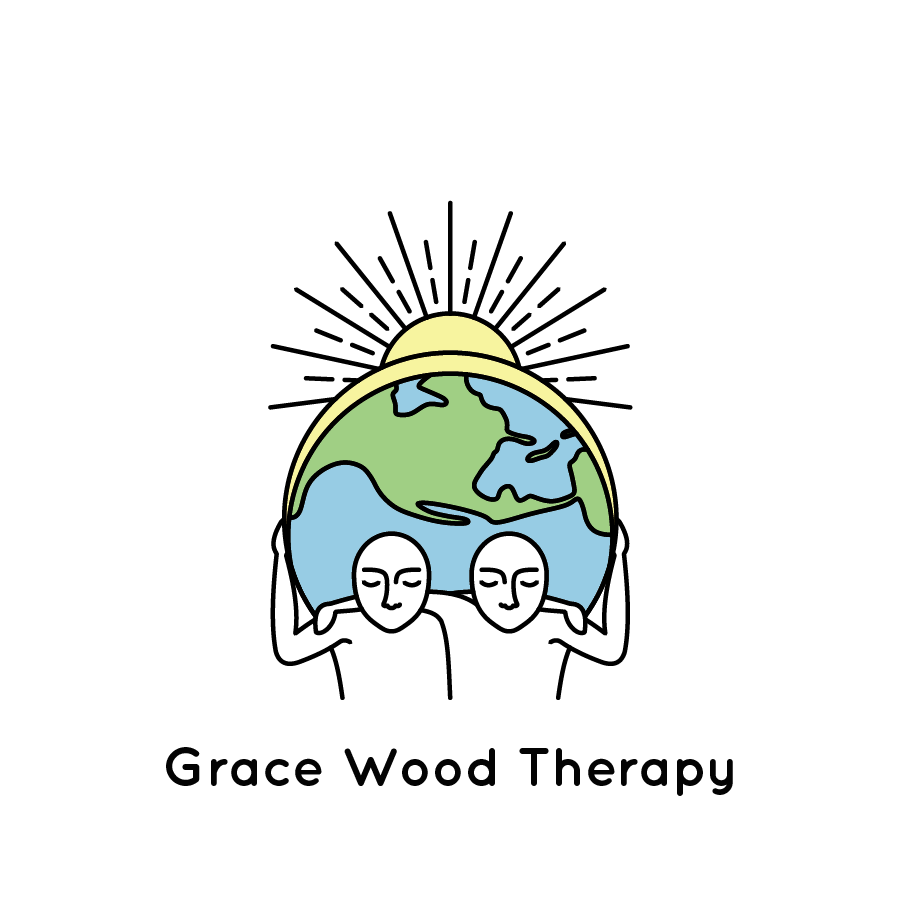There’s an underlying message in our society that we should always be happy—don’t worry, be happy. People are often more ready to tell you to cheer up and move on than they are to ask you what’s going on in your life to upset you. People are understanding of pain to some extent, but there’s still an underlying expectation that we should generally be happy, and if we’re not, we should at least pretend to be. There’s even an attitude around negative emotions where if you feel them, you are somehow weak. Of course, because of that, we feel the need to “stay strong” and not feel those crummy feelings.
There are all kinds of things that make us feel a little better. We drink alcohol, over-consume food, shop, have sex, do drugs, etc. in an attempt to bring ourselves up to a certain level of happiness. Something bad happens, and our immediate thought is often, at some level, “how do I make this pain go away?”. We, of course, don’t want to sit with those uncomfortable feelings. I’ll eat a sleeve of Oreo’s and watch This is Us—not think about the woman who was rude to me at work today—thank you very much. Or maybe I’ll turn all my attention to my work. Maybe I’ll just stay super busy. That’s “staying strong”.
This is often when people find their way into counseling. Something happened and they’re feeling bad, and they don’t want to feel bad anymore, how can we fix it? They shouldn’t feel bad—that’s bad!
The source of our pain is often not the situation, or the bad thing that happened (death, break up), it’s our violent attempts at avoiding that pain. We try so very hard, and do so many ridiculous things (trust me, I know! I’ve been there!) to avoid the discomfort that we are feeling. Unfortunately, that discomfort doesn’t just go away if we are avoiding it. It waits.
As we gracefully dodge and avoid our pain, it often comes out in other ways. We start getting sick or getting headaches. We develop unexplained symptoms in our body and “irrational” thoughts and feelings, maybe about something else entirely. Our body is still affected by whatever it is that we are avoiding.
Therapy isn’t about making the pain go away—it’s about learning to tolerate it. Learning to sit with that pain and say “I see you, I hear you, I know we’re going to be okay”. It’s about learning that you are strong enough to sit with that hurt and, eventually, move on from it.
The pain is temporary, and it is normal. Bad things happen, and we’re going to feel bad about them for a little while. Emotions are a range—sometimes they feel good, sometimes they feel not so good. In all our attempts to avoid the not-so-good ones, we often just prolong the inevitable.
As I’m writing all this, I note my own resistance. I still try to avoid the pain, of course, because that’s our natural response. I’m trying to face my pain, though, and if you’re reading this, I know you can too.


